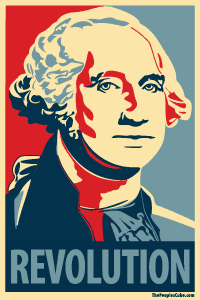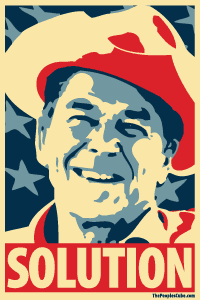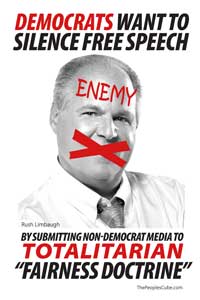By Bob Parks | June 16, 2012 | Black and Right
This whopper deserves all the attention it can get. Again, it shows the ignorance and contempt of the electorate liberals depend on.
In 2010, Democrats gave their website a facelift and whitewash. Click on the screenshot above to see what they used to say about their civil rights history compared to now. [Read more…]



 Even as the United Nations prepares to
Even as the United Nations prepares to  Originally published June 26, 2004
Originally published June 26, 2004 During the eighteenth century, natural law philosophy was popular among some of the deists and favored by some leading philosophers like Locke, Hobbes, Montesquieu, and Kant. This stream of thought influenced the American founding Fathers. All these philosophers except Kant built their foundation upon nature in order to develop ideas of natural law. Man has a nature. Therefore, there must be a natural law and a moral law suitable to man to govern human conduct. Reason can discover this moral law. Some natural law philosophers such as Locke and Kant had ideas that were not far on some points from the universal moral law of Christian theology and of Stoicism. The similarities were especially noticeable on issues which had political and legal implications.
During the eighteenth century, natural law philosophy was popular among some of the deists and favored by some leading philosophers like Locke, Hobbes, Montesquieu, and Kant. This stream of thought influenced the American founding Fathers. All these philosophers except Kant built their foundation upon nature in order to develop ideas of natural law. Man has a nature. Therefore, there must be a natural law and a moral law suitable to man to govern human conduct. Reason can discover this moral law. Some natural law philosophers such as Locke and Kant had ideas that were not far on some points from the universal moral law of Christian theology and of Stoicism. The similarities were especially noticeable on issues which had political and legal implications. The United States is far more than a military power. In reality, military power is but a small part of what makes America great and a leader in the world. People around the planet have been flocking to watch Hollywood movies for decades. They’ve also been sending the best and the brightest of their progeny to study at our universities. During the Cold War it was Levis and Pepsi that Soviet citizens were clamoring for. According to Interbrand,
The United States is far more than a military power. In reality, military power is but a small part of what makes America great and a leader in the world. People around the planet have been flocking to watch Hollywood movies for decades. They’ve also been sending the best and the brightest of their progeny to study at our universities. During the Cold War it was Levis and Pepsi that Soviet citizens were clamoring for. According to Interbrand, 







Pastor Sentenced To 2 Years In Prison For Teaching That Parents Should Spank Their Children
By Michael Snyder | May 30, 2012 | The American Dream
Do you believe that parents should be able to spank their children? Do you ever express that opinion to others? If so, then you could be sent to prison. Sadly, that is exactly what happened to one pastor up in Wisconsin recently.
[Read more…]
Share this: